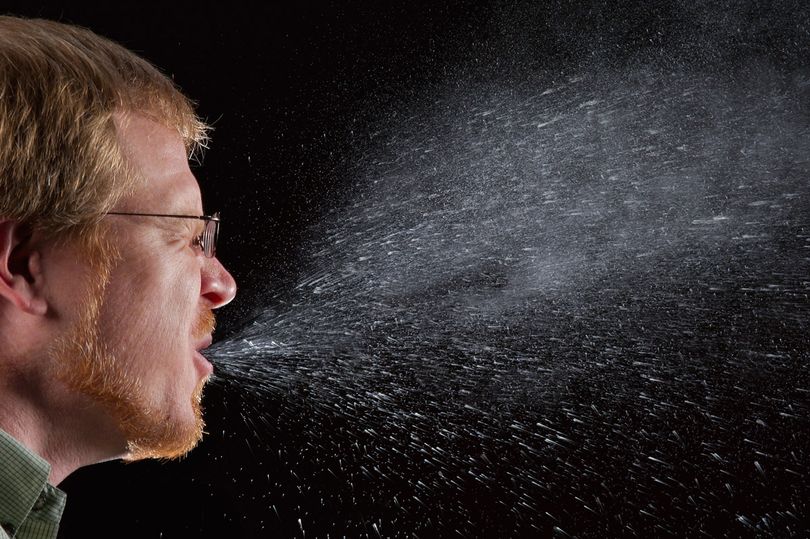Six Things You Need to Know About Airborne Infections
By now almost everyone on the planet must be aware that infections are easily passed on and difficult to keep under control. But why?

Every day, homeowners, businesses, professional cleaners and even specialists in the healthcare sector, work very hard to ensure their facility is as clean as possible to reduce the risk of infections. They do this by using a variety of chemicals – usually toxic and dangerous to human and animal health, with prolonged use. But many of these cleaning chemicals either do not kill dangerous pathogens (germs) particularly viruses, fungi and spores and very often require 5 minutes or more contact time with the surfaces being ‘cleaned’, before being wiped off with (an already contaminated) cloth. When is the last time you read the ‘directions for use’ on the label of your cleaning product of choice? It really is worth a look.
If that’s not bad enough, surface cleaning is only part of the solution. A great many infectious pathogens are transmitted by air and infect us when they enter our bodies through our eyes, nose or mouth. They also eventually settle on surfaces and can then be transmitted through touch and again enter the body through the same channels.
So here are six things you need to know about airborne pathogens that will help you choose the right solutions.
- Airborne illnesses can spread when an infected person coughs, sneezes, laughs, sings or even talks
- Flushing the toilet can release infectious airborne particles into the air
- Airborne pathogens can stay in the air for up to 3 hours or more.
- People with no symptoms can still infect others by exhaling droplets/particles into a room or space
- Ventilation helps, but recommended air flow is 12.5 litres per person, per second…How do you measure that in the real world?
- The more people in a room or confined space, the higher the risk of transmission
It’s not just Covid-19 that causes health problems, from lost days at work to hospitalisation and in the worst cases death. There are many common airborne diseases that come around regularly. Those include Influenza, the Common Cold, Norovirus (winter vomiting bug), Measles, Mumps, Smallpox, Meningitis and TB to name a few. So, airborne sanitising is a vital element in the protection of health, particularly in those with a poor or compromised immune system.
So, what can we do about it?
Well firstly, continue to observe the basic precautions of:
- Social Distancing (2 metres or more if possible)
- Wear an apporopriate Face Covering in communal areas
- Sanitise your hands regularly, especially after touching common surfaces
Thankfully, Eco-Mist Biotechnics has a range of simple eco-friendly, affordable solutions which you can access to help control your environment: The InfectionGard Range. From the low cost refillable InfectionGard Sanitising Spray (mist in a bottle), refillable from budget priced bulk containers, to the InfectionGard rechargeable battery-operated dry misting unit or the InfectionGard autoMist device for whole room sanitising. Each of these products allows you to sanitise the air around you and the surfaces in any room or vehicle. What’s more, our sanitiser is non-toxic to humans and animals, kills up to 99.9999% of airborne and surface pathogens and only needs 30 seconds contact time. By the way if you decide to wipe surfaces after sanitising, we recommend using a clean paper product and dispose of it in a bin to remove germs from the now sanitised area.
Find out more at www.infectiongard.co.uk or request a brochure here. You can even buy on- line and have the products delivered to your home, office, school or any address you choose in the UK.
